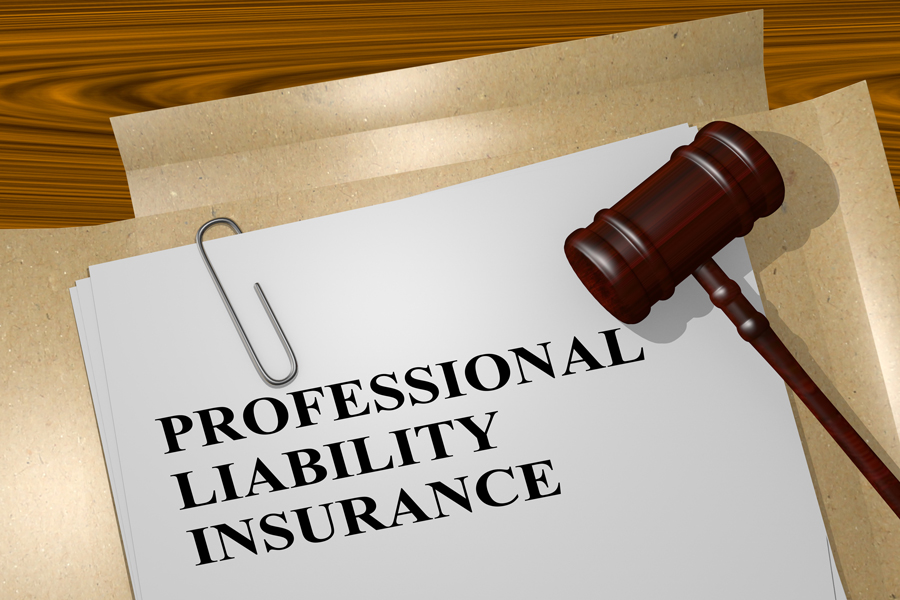
The COVID crisis and resulting lockdown have affected millions of people globally, bringing almost the entire planet’s economies to a grinding halt. The loss of jobs is alarming and so is the resulting financial distress that many have been subjected to. Post-COVID, if you are thinking of starting a business, being your own boss, instead of looking for employment again, you should be focusing on ideas that can help you succeed in your niche in the shortest possible time.
As a small business owner, you would join the 30.2 million small businesses that flourish in the U.S. (as per 2018 data) According to the SBA.gov website, small businesses account for an impressive 99.9% of all businesses in the country. With 58.9 million employees in total, they also account for the employment of nearly 50% of the American workforce. That’s some heavy competition you will be contending with. All the more reason why you should focus on success tips right from the starting stage.
The smart move would be to do the right kind of homework on how to go about launching your firm so that you enhance your chances of succeeding in your venture. Here are six of the most critical factors that you should pay special attention to so that your business can establish itself in the marketplace and achieve success in the minimum possible time.
1. Start with a sound business plan

Your business plan is a guideline for your venture that clearly defines the direction for you to take. It has your vision for the business, the strategy you will use to achieve your goals and also guidelines on how you propose to run it. A sound business plan outlines the milestones to be achieved clearly and also defines the key elements of the firm, thus making it easy for lenders, investors to see exactly where you are heading and how you are competent to get there. tells you where you should be going. A comprehensive business plan encompasses a thorough market analysis, a clear description of the business structure, profit predictions, and a clear cut budget for operations.
2. Get adequate capital to run the business

A startling majority of failed businesses can attribute their premature demise to inadequate funding. You may be tapping into your own savings to put up the capital for your business in the initial stages but this may not be enough when it begins to expand. Explore various funding options including business loans, lines of credit, even equity, well in advance so that when you need liquid cash to support the expansion, you are not left with little time to think things through. Make a clear estimate of both working expenses and capital expenditure needs at the outset and ensure that you have a way to access enough funds.
3. Pay attention to the cash flow

Your business is in good health as long as the cash flow is happening seamlessly without bottlenecks. Don’t compromise on this aspect at all. Hire qualified, competent accounts personnel to keep track of the inflow and outflow of cash, use the right accounting software and also keep up to date with your bookkeeping to stay in control of your cash flow.
4. Impeccable, reliable customer service

Customer service can make or break a business. In an American Express survey, the data indicated that 78 percent of cancelled orders can be attributed to unsatisfactory customer service. You could be losing out in the billions if you do not amp up your customer service and your customers are feeling the brunt of it. Apart from creating the best products/ services, you also need to ensure that your customers are happy with the way you handle their queries and issues post-purchase.
5. Invest in a skilled team

Hiring the right people, with the right mindset, a good attitude towards work, with passion and a willingness to prove themselves is critical for business success. Even if you have just two to five employees, as do many small businesses, choose them with care so that you can trust them to represent your venture and establish its brand name with the customer base. Run meticulous background checks, interview the candidates thoroughly, ascertain if their work ethics are the same as yours before you make them part of your team.
6. Cover your risk with professional liability insurance

A very commonly overlooked aspect is that small business owners take out general insurance to cover their entrepreneurship property but fail to get errors and omissions (E&O) insurance. Also known as professional liability insurance, this plan covers your business in event of a client filing a negligence lawsuit against you. Remember that a lawsuit does not just impair your reputation; battling the case in court can ruin your business financially too.
Apart from expensive legal fees and court fees, if you have to pay out damages, those could leave your business drained of all its funds and unable to go on. Surveys show that you might spend over $120,000 in fighting a legal battle. Your business can well be brought to its knees and into a deep debt trap if it is unprepared for such a contingency. E&O insurance covers lawyer fees, costs connected with the judgment and settlement and all other court expenses as well. Learn more about this insurance here.
Taking your small business to the pinnacle of success is not an easy task, but it is not impossible either provided you keep these points in mind. Address the financial aspects, find the right team, and take care of all the risks with the right insurance, and you are well on your way to your goal!














